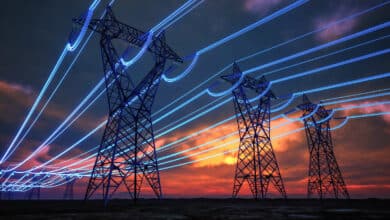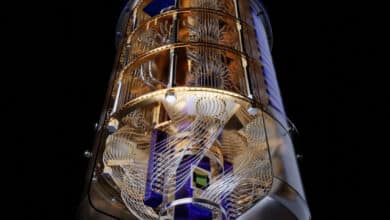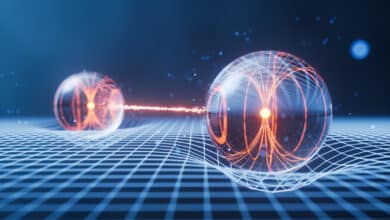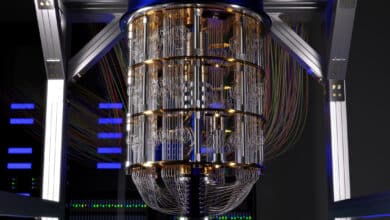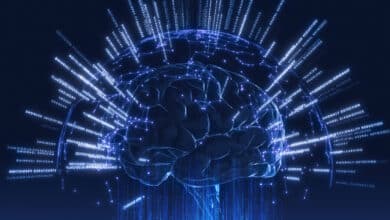Quantum Computing
PostQuantum.com by Marin Ivezic – Quantum Computing, Quantum Technologies, Post-Quantum
-
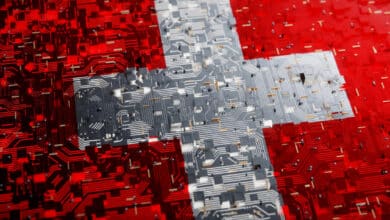
Quantum Technologies and Quantum Computing in Switzerland
Switzerland’s quantum technology ecosystem exemplifies how a combination of academic excellence, proactive government support, and innovative entrepreneurship can make a country a major player in the second quantum revolution. In the span of two decades, Switzerland has built a world-class quantum R&D environment – featuring top universities (ETH, EPFL, Geneva,…
Read More » -
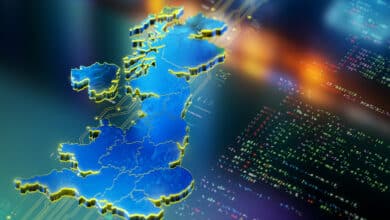
Quantum Technologies & Quantum Computing in the UK
The United Kingdom’s quantum technology initiatives have moved from foundational research into a phase of delivery and implementation. The country’s comprehensive approach – supporting research excellence, investing in infrastructure and industry collaboration, and aligning with national goals in security and economy – provides a strong platform for future success. Over…
Read More » -
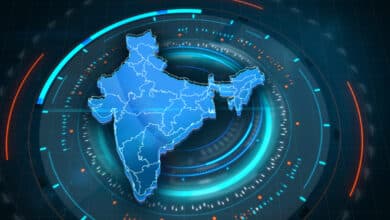
India’s Quantum Computing and Quantum Technology Initiatives
India’s quantum technology initiatives, though starting later than some global peers, are rapidly gaining traction. The nation is combining its rich legacy in fundamental physics with modern innovation frameworks to advance quantum computing, communications, cryptography, and sensing. The coming years are poised to witness India transitioning from prototyping to implementation:…
Read More » -
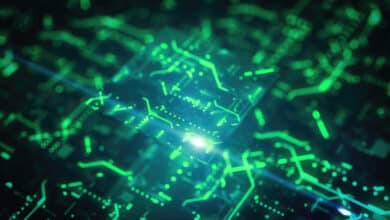
Quantum Memories in Quantum Networking and Computing
Quantum memories are devices capable of storing quantum states (qubits) in a stable form without collapsing their quantum properties. In essence, a quantum memory is the quantum-mechanical analog of classical computer memory or RAM.
Read More » -
Quantum Technology Use Cases in Energy & Utilities
Quantum technologies matter for energy because many challenges in this sector involve combinatorial optimization and molecular simulation at scales classical computers cannot handle. For example, routing power through a grid with thousands of control decisions or modeling the chemistry inside a battery are tasks that overwhelm today’s fastest supercomputers. Quantum…
Read More » -
Quantum Use Cases in Pharma & Biotech
Quantum computing is poised to become a catalytic force in the global pharmaceuticals and biotechnology industries. Its ability to tackle problems of staggering complexity – whether simulating the quantum behavior of drug molecules, analyzing massive genomic datasets for personalized medicine, or optimizing the myriad decisions in R&D and supply chains…
Read More » -
Fidelity in Quantum Computing
Fidelity in quantum computing measures the accuracy of quantum operations, including how effectively a quantum computer can perform calculations without errors. In quantum systems, noise and decoherence can degrade the coherence of quantum states, leading to errors and reduced computational accuracy. Errors are not just common; they're expected. Quantum states…
Read More » -
Quantum Technology Use Cases in Supply Chain & Logistics
Quantum computing is on the cusp of reshaping the supply chain and logistics sector. Its ability to process information in fundamentally new ways holds the promise of solving the longstanding puzzles of logistics – from finding optimal delivery routes and precise demand forecasts to orchestrating entire global supply networks with…
Read More » -
Quantum Errors and Quantum Error Correction (QEC) Methods
Quantum error correction (QEC) is therefore critical for enabling large-scale or fault-tolerant quantum computing. Fault tolerance means a quantum computer can continue to operate correctly even when individual operations or qubits error out. Unlike classical error correction – which can simply duplicate bits and use majority vote – quantum error…
Read More » -
The Toffoli Gate: The Unsung Workhorse in Quantum Codebreaking
Understanding the Toffoli gate’s role isn’t just an academic exercise – it has real implications for when and how quantum computers might break our cryptography. Each Toffoli gate isn’t a single physical operation on today’s hardware; it has to be decomposed into the basic operations a quantum machine can do…
Read More » -
Wave Function Collapse: When Quantum Possibilities Become Reality
Wave function collapse is the idea that a quantum system, described by a wave function embodying several possible states at once, suddenly reduces to a single state when observed. In simple terms, before you measure it, a quantum object can be in a superposition of many possibilities; when you measure…
Read More » -
Cat Qubits 101
Bosonic “cat qubits” are quantum bits encoded in the states of bosonic oscillators (e.g. modes of a microwave cavity) that resemble Schrödinger’s famous alive/dead cat superposition. Instead of relying on a single two-level quantum element, a cat qubit stores information in two coherent states of a harmonic oscillator and their…
Read More » -
Quantum Entanglement: The “Spooky” Glue Uniting Qubits and Beyond
From enabling quantum supercomputers to securing communications and teleporting quantum states, entanglement is the thread weaving through all of quantum technology. What once struck Einstein as a paradox is today routinely observed and harnessed in labs – the “spooky action” has become a practical tool. We have learned that entanglement…
Read More » -
Transmon Qubits 101
Transmon qubits are a type of superconducting qubit designed to mitigate charge noise by shunting a Josephson junction with a large capacitor. In other words, a transmon is a superconducting charge qubit that has reduced sensitivity to charge fluctuations. The device consists of a Josephson junction (a nonlinear superconducting element)…
Read More » -
Glossary of Quantum Computing Terms
Glossary of Quantum Computing, Quantum Networks, Quantum Mechanics, and Quantum Physics Terms for Cybersecurity Professionals.
Read More »
